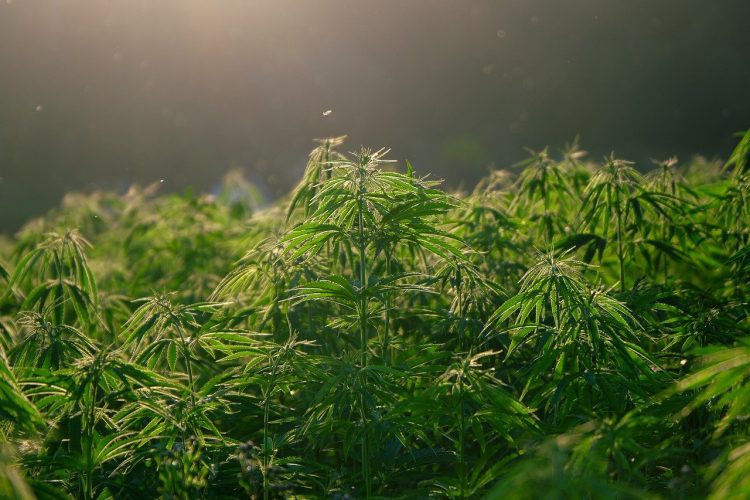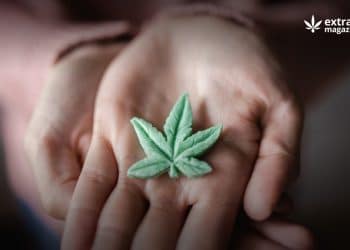Hot hemp is a lingering problem in the cannabis industry. The term refers to cannabis plants that have levels of tetrahydrocannabinol (THC) that are higher than is legally allowed. Although the final cannabidiol (CBD) products that come from these hot plants don’t contain illegal amounts of THC, the plants being hot remains an issue.
Fortunately for many in the cannabis industry, there are potential solutions to this problem.
What Causes Hot Hemp?
Although there are plenty of anecdotal reports of growing techniques and mistakes that produce hot hemp, it is actually caused by simple genetics. Unfortunately, seed variation leads to unpredictability in cannabinoid content, and many operations use seeds.
Why is Hot Hemp a Problem?
You may wonder why hot hemp is a problem if the final products produced from hot hemp contain far less than the .3% limit for THC. The answer is that hot hemp is illegal to possess, much less process. Meaning, many growers could be charged with federal cannabis felonies for doing what they believe is legal.
THC Remediation
One way to deal with hot hemp is through THC remediation, which is the process of lowering the THC content in hot hemp to an acceptable level. Currently, the process is frequently accomplished through separation using liquid chromatography. However, using this method is extremely slow and cost prohibitive.
One method of remediation being explored is the manipulation of THCA, which is the acid precursor to THC. Before a cannabis plant begins to produce THC, it makes THCA, which eventually is converted into THC. By removing or editing the genes for THCA, it may be possible to prevent the synthesis of THC. Using enzymes for remediation is also an option, although more research needs to be carried out.
Another way of reducing THC in hot hemp is to let the product sit in the open air. Over time, the THC will transform into the cannabinoid cannabinol (CBN) through an enzymatic process and oxidation. The only problem with this method is it may not be practical from a timing standpoint.
Many activists and hemp proponents are looking to Congress to raise the THC threshold to .5 or 1%. Others say let farmers handle hot hemp, as long as their products test within boundaries. Until Congress acts, much of the hemp crop grown will likely be hot.
Image Source: NickyPe












